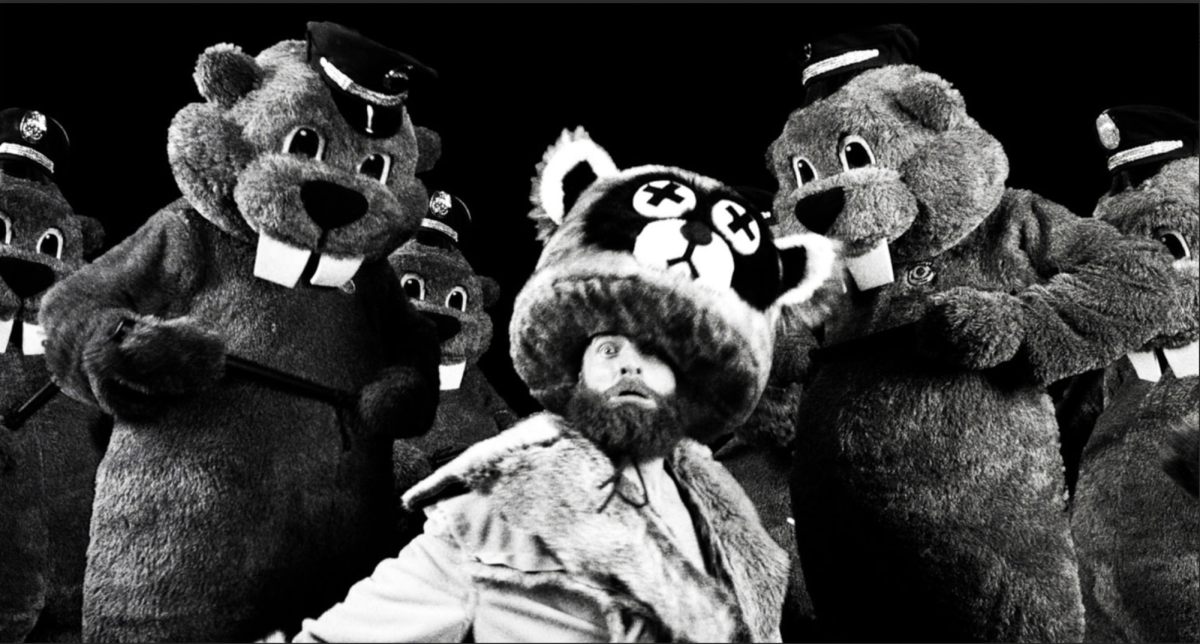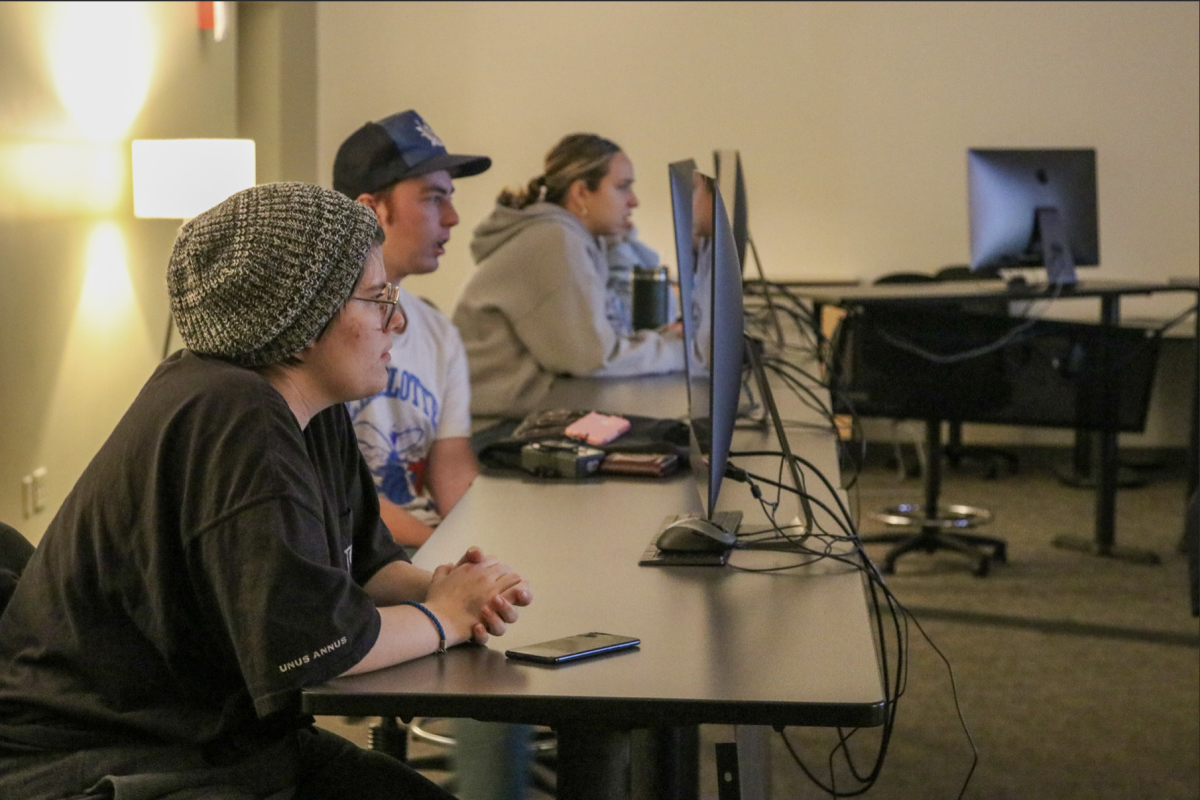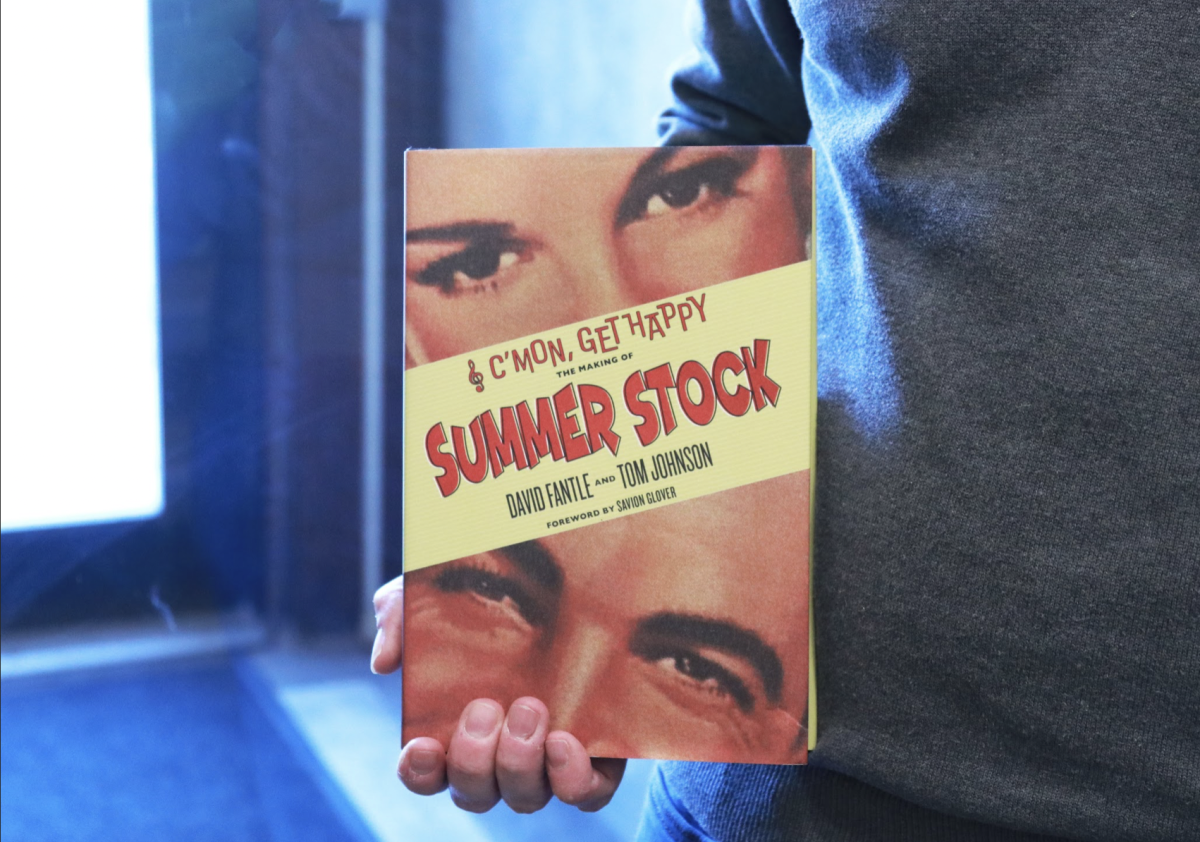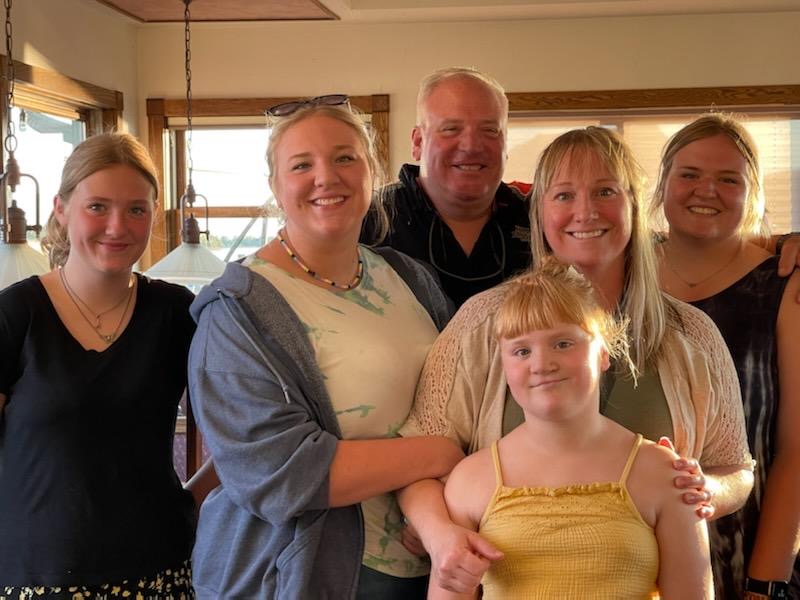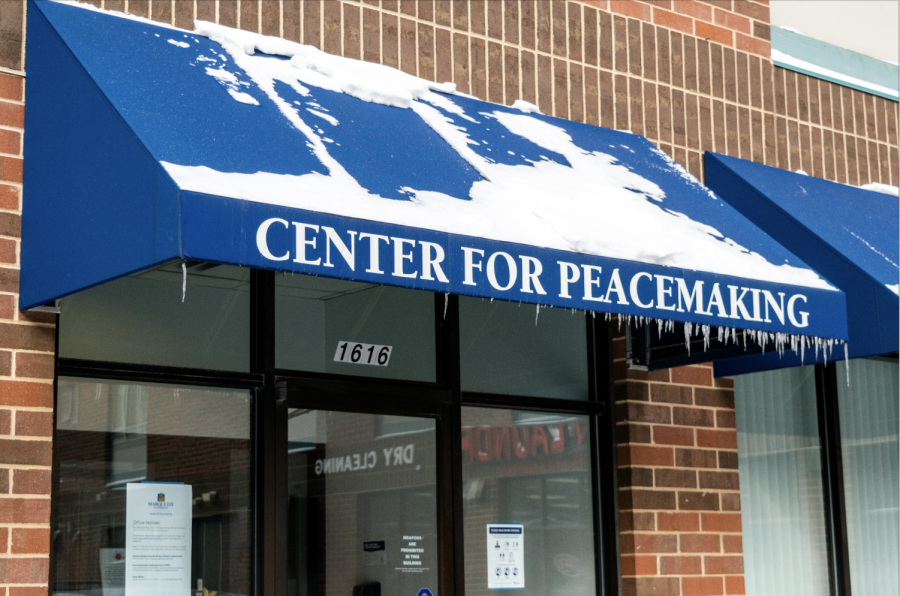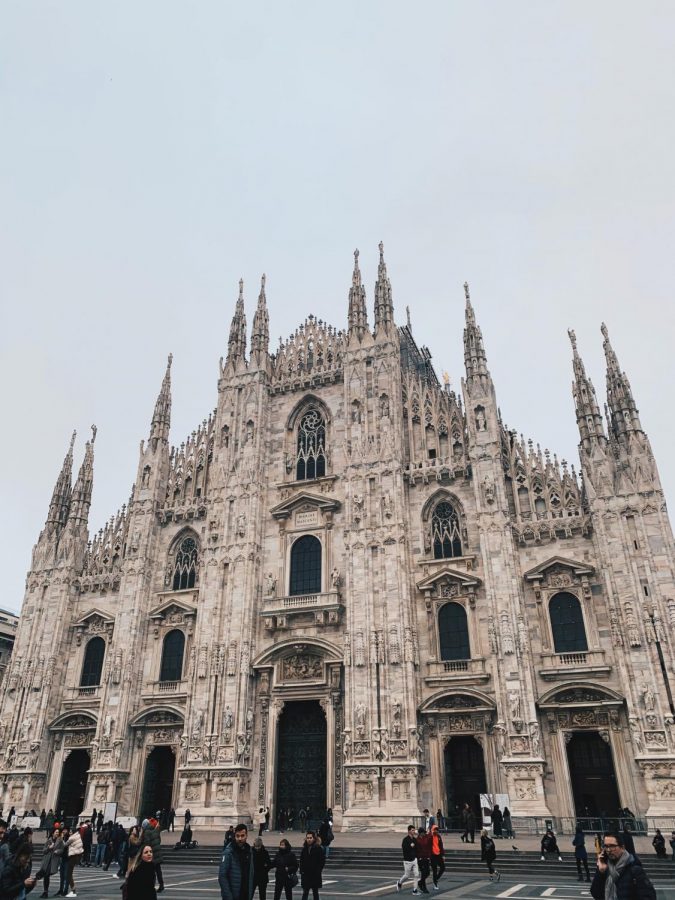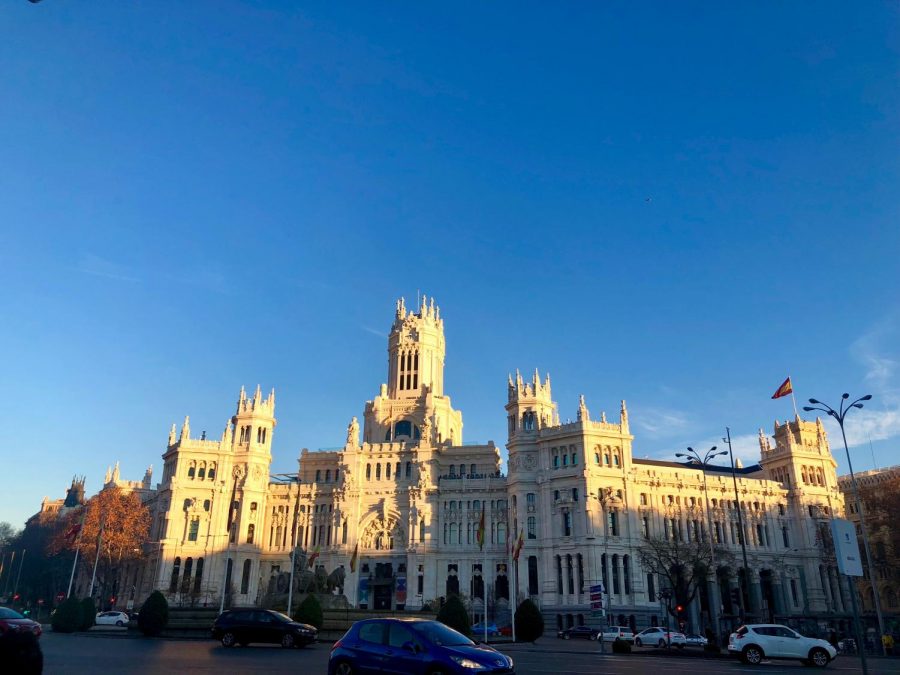
If your exposure to Italian culture consists of watching the “guidos” and “guidettes” of “Jersey Shore,” it might be worth your while to learn something about real Italians for a change at the 4th annual Italian Film Festival USA of Milwaukee.
The festival, taking place at the Union Theatre at the University of Wisconsin – Milwaukee this Saturday and Sunday, will host six examples of critically-acclaimed contemporary Italian film, presented in Italian with English subtitles.
While the festival may seem detached from our campus, “all the way” on the East Side, it actually has its roots in Marquette. The first year’s screenings took place at the Varsity Theatre, and one of the two local organizers is Paul Salsini, an author and former journalist who is currently a lecturer in the College of Communication.
Salsini, whose own roots are in the Tuscany region of Italy, said he and Bobby Tanzilo, a writer for OnMilwaukee.com, were contacted in 2007 by Barbara Klein, who started the national festival in St. Louis in 2005. Klein asked them if they would be interested in setting up a film festival in Milwaukee, and the two agreed.
Since then, Salsini said, he and Tanzilo have done pre-screenings for each festival, receiving approximately 20 films a year and watching each to determine which ones to bring to the festival.
“We try to get a variety of films with a focus on Italian culture and Italian filmmaking,” Salsini said.
Salsini said the festival’s emphasis on bringing in acclaimed Italian films stems from the legendary history of Italian film, which hit its peak in the 1940’s and ’50s with the Italian neorealist movement. Shot using nonprofessional actors and filmed on location, Italian neorealism depicted life among the lower, working classes of Italy and exposed the harsh economic conditions of post-World War II Italy.
According to Salsini, the works created during this era were considered masterpieces, both in Italy and around the world.
“The films of that time are still regarded as some of the best films ever made,” Salsini said.
Because of this emphasis on the masterpieces of Italian neorealism, however, Salsini said modern Italian film can occasionally be overlooked — hence the Italian Film Festival, a place where contemporary films of merit can be seen and appreciated.
Part of the challenge, however, is making sure the public is aware of the festival. Nick Herff, a sophomore in the College of Communication, said he was completely unaware of anything like the Italian Film Festival in Milwaukee.
“I didn’t even know about it,” said Herff, who said he is ethnically Italian and has enjoyed Italian film, like 2008’s award-winning “Gomorrah,” previously. “They should definitely advertise more.”
All six of the films will be free to the public, and a schedule of times can be found at the Italian Film Festival USA Web site. If you want to know what you’re getting into first, however, look at the synopses of all six films below.
Gli amici del bar Margherita (The Friends of the Margherita Café)
In this comedy, set in the 1950s, a young man named Taddeo goes into the Margherita Café. The establishment is famous for its regulars, a collection of characters who all have their own story to tell. Taddeo’s visit results in a nostalgic look at Italian life and culture.
La ragazza del lago (The Girl by the Lake)
A whodunit-style mystery, “The Girl by the Lake” tells the story of a detective trying to solve the murder of a young woman in northeastern Italy. According to Klein, “you don’t really know who did it until the very end,” making the film significantly more complicated and thoughtful than most American mysteries.
Il papà di Giovanna (Giovanna’s Father)
A captivating father/daughter tale set during World War II, “Giovanna’s Father” tells the story of a girl sent to a mental institution after killing her boyfriend. Her father will not abandon her, even as his world falls apart around him.
Pranzo di Ferragosto (Mid-August Lunch)
Salsini’s favorite of the six films, “Mid-August Lunch” is about a man caring for his elderly mother who also ends up caring for another three women for the day to have various debts forgiven. The comedy is appealing to Salsini because the director chose to cast nonprofessional actresses to play the parts of the mothers, making the film “very, very real.”
Casomai (If By Chance)
This film starts as a feel-good movie about a couple falling in love, but before long, their love and marriage begin to slowly disintegrate. Salsini describes the film as “unpredictable — you’re never sure where it’ll go.”
Si può fare (We Can Do That)
In this film, a businessman in Milan who loses his job ends up establishing an organization for former mental patients, giving them all jobs that suit their particular talents perfectly. Salsini said the film “raises questions of who’s sane and who’s not,” and also features impressive acting.

